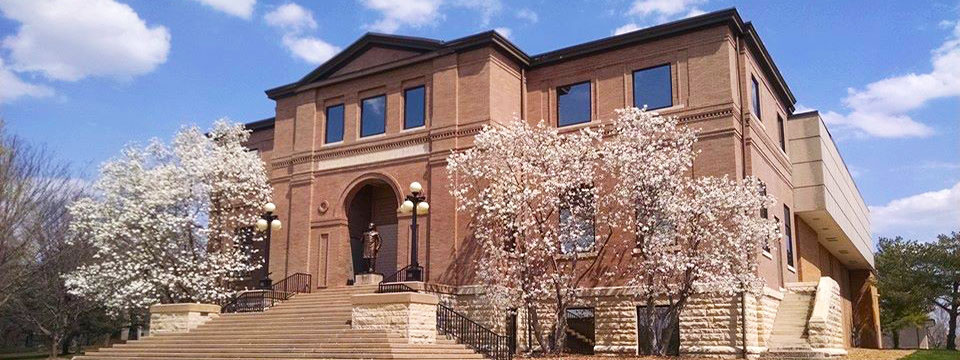Hispanic
Heritage Month
Celebrating Hispanic Heritage at Upper Iowa University
Hispanic culture continues to have a profound effect on food, music, science, sports, politics, fashion, the arts and much more in the United States. Hispanic Heritage Month is a time to honor and celebrate the historic background, culture, heritage, and many influences of the Hispanic community in the United States. Join us over the next month as we celebrate and commemorate the contributions of Hispanics to culture both locally and globally.
Hispanic Heritage History
In September 1968, Congress authorized National Hispanic Heritage Week, observed during the week that included Sept. 15 and Sept. 16. Sept. 15 was chosen as the starting point for the celebration because it is independence anniversary of five Latin American countries: Costa Rica, El Salvador, Guatemala, Honduras and Nicaragua. Mexico and Chile celebrate their independence soon after on Sept. 16 and 18, respectively. The observance was expanded in 1989 by Congress to a month-long celebration (Sept. 15 – Oct. 15). The United States celebrates the culture and traditions of those who trace their roots to Spain, Mexico and the Spanish-speaking nations of Central America, South America and the Caribbean.
Did you know?
There is a share of the English language that is derived from Spanish. Like most languages, English has expanded over the years through assimilation of words from other tongues. See here for a list of Spanish loanwords that have become assimilated into the English vocabulary. While this is not a complete list, this will give you an idea of how Spanish and English have been trading vocabulary (and culture) for centuries: https://www.babbel.com/en/magazine/english-words-actually-spanish
Here’s a look at some of the events taking place virtually and in-person. In addition, please visit the Student Center to explore the many Latin* individuals who have made extraordinary contributions to the United States and the global community – posters are along the wall of the first floor. Please note that throughout the descriptions on this page you will notice the term “Latin*”. The asterisk serves as a placeholder for new and emerging terms that consider the fluidity of social identities.


